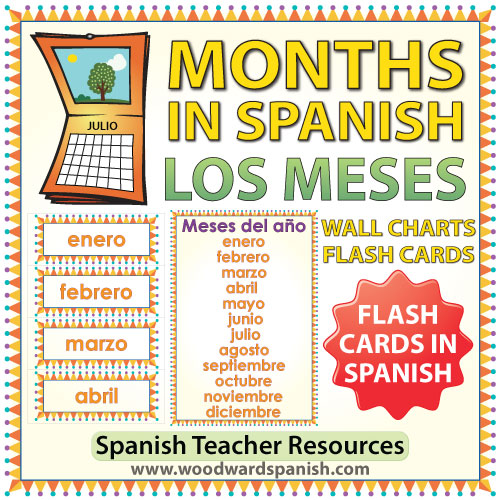

Murakami’s translation is written “in very polished Japanese,” Rekimoto explained to me later via email, but the prose is distinctively “Murakami-style.” By contrast, Google’s translation - despite some “small unnaturalness” - reads to him as “more transparent.” First, he compared a few sentences from two published versions of “The Great Gatsby,” Takashi Nozaki’s 1957 translation and Haruki Murakami’s more recent iteration, with what this new Google Translate was able to produce. Rekimoto wrote up his initial findings in a blog post. He had to go to sleep, but Translate refused to relax its grip on his imagination.

Rekimoto visited Translate himself and began to experiment with it.

Apparently Google Translate, the company’s popular machine-translation service, had suddenly and almost immeasurably improved. Late one Friday night in early November, Jun Rekimoto, a distinguished professor of human-computer interaction at the University of Tokyo, was online preparing for a lecture when he began to notice some peculiar posts rolling in on social media.


 0 kommentar(er)
0 kommentar(er)
